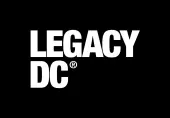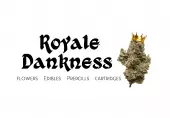Featured Brands
A Gentlemanly
Introduction


- I’m a Gentleman, dammit, not a Doctor! You should consult a physician for all medical advice.
- Silly Rabbit, weed is for Adults 21+ in DC! You need to be of legal age to use cannabis.
- THERE IS ONLY ZUUL. The only legal way for recreational cannabis to transfer hands in DC is by sharing, it can not be purchased.
- I'm also one of the three people in DC who is not a Lawyer. Like, seriously, super serious, if you need legal advice, ask a professional.
- Don't roll cigarette tobacco into the joint. That's gross, dude.
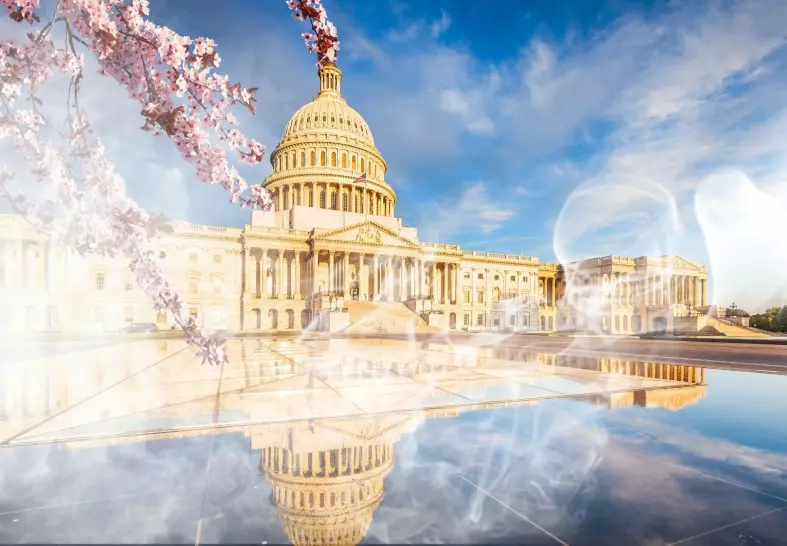
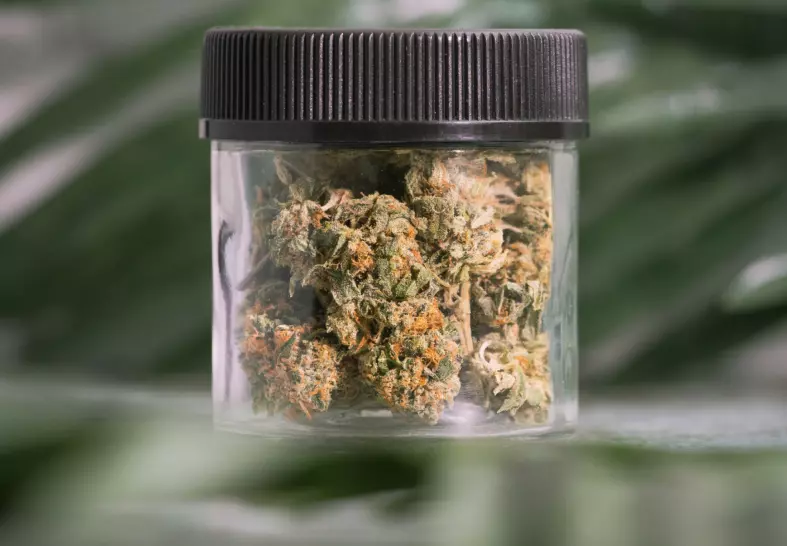
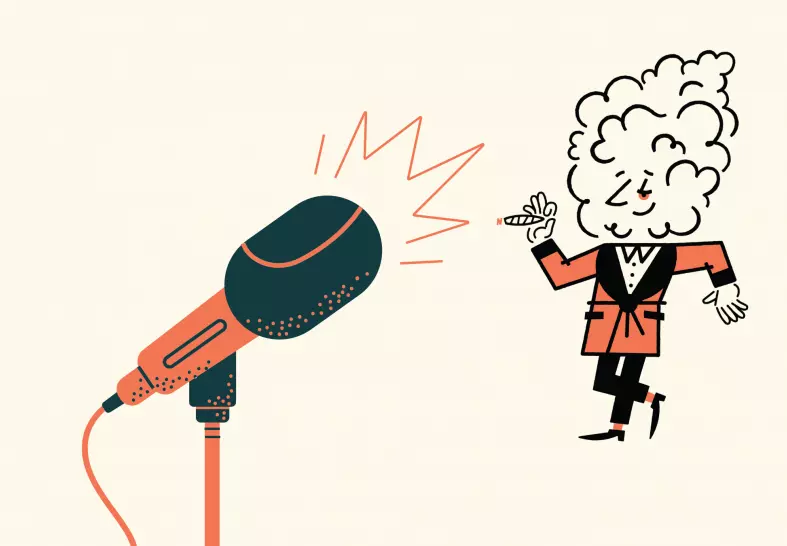

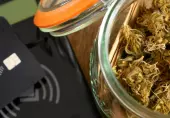




-thumb.webp)
